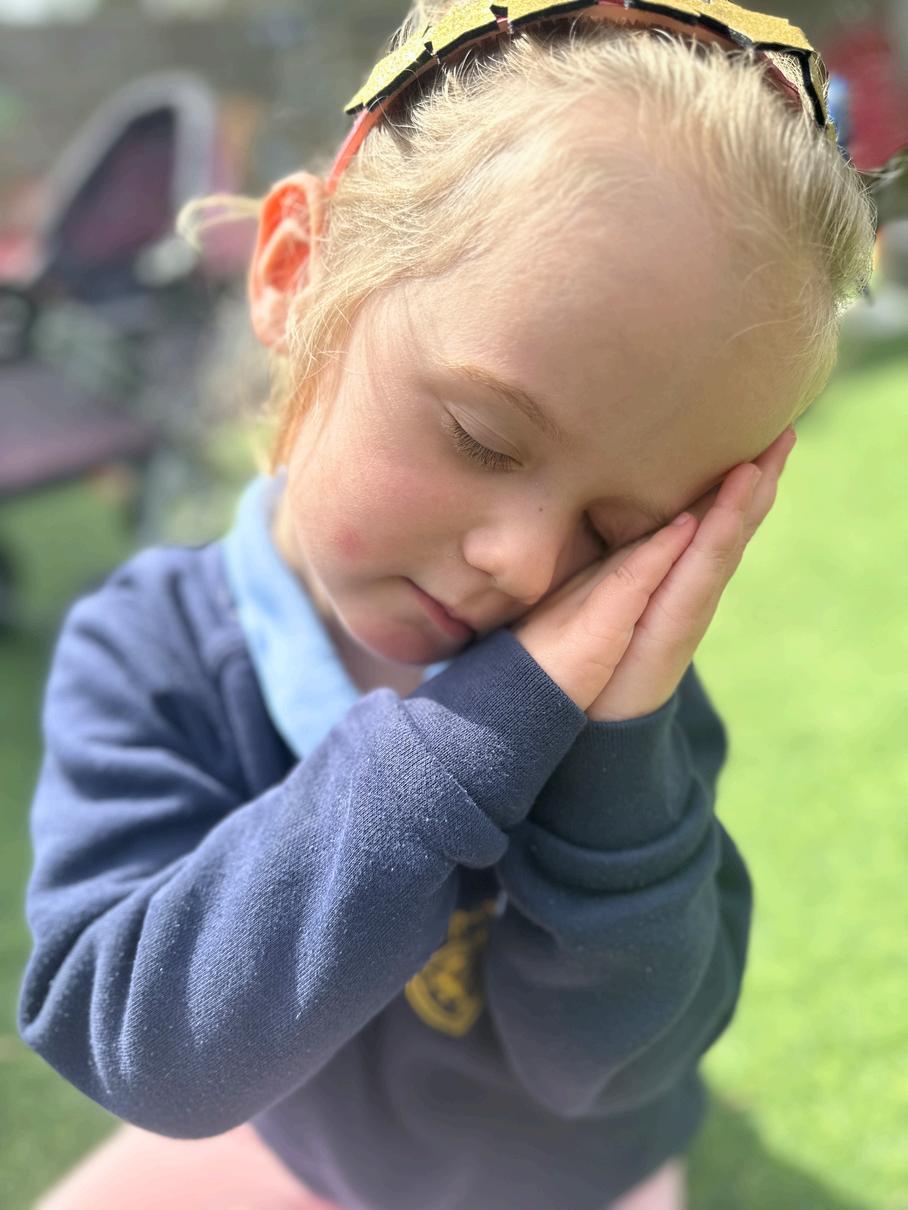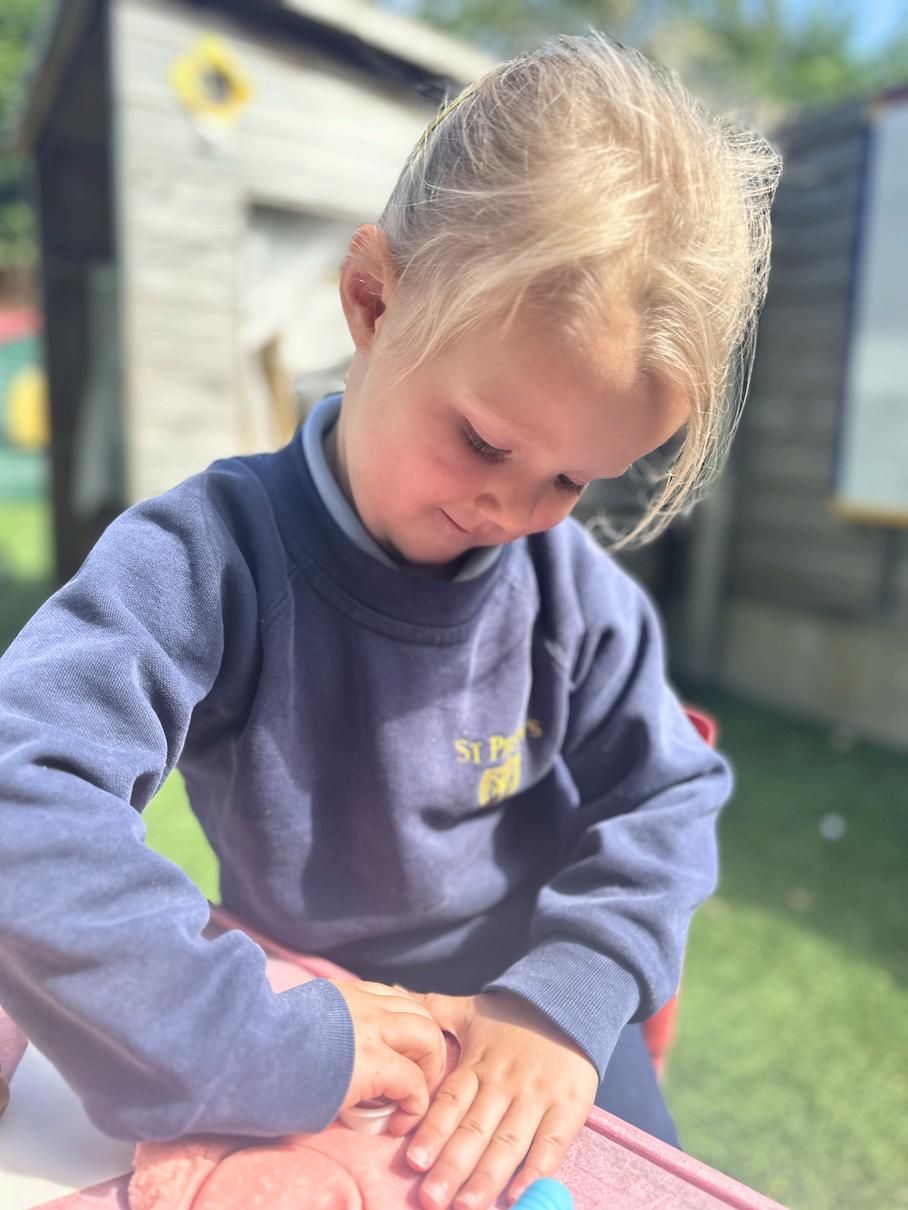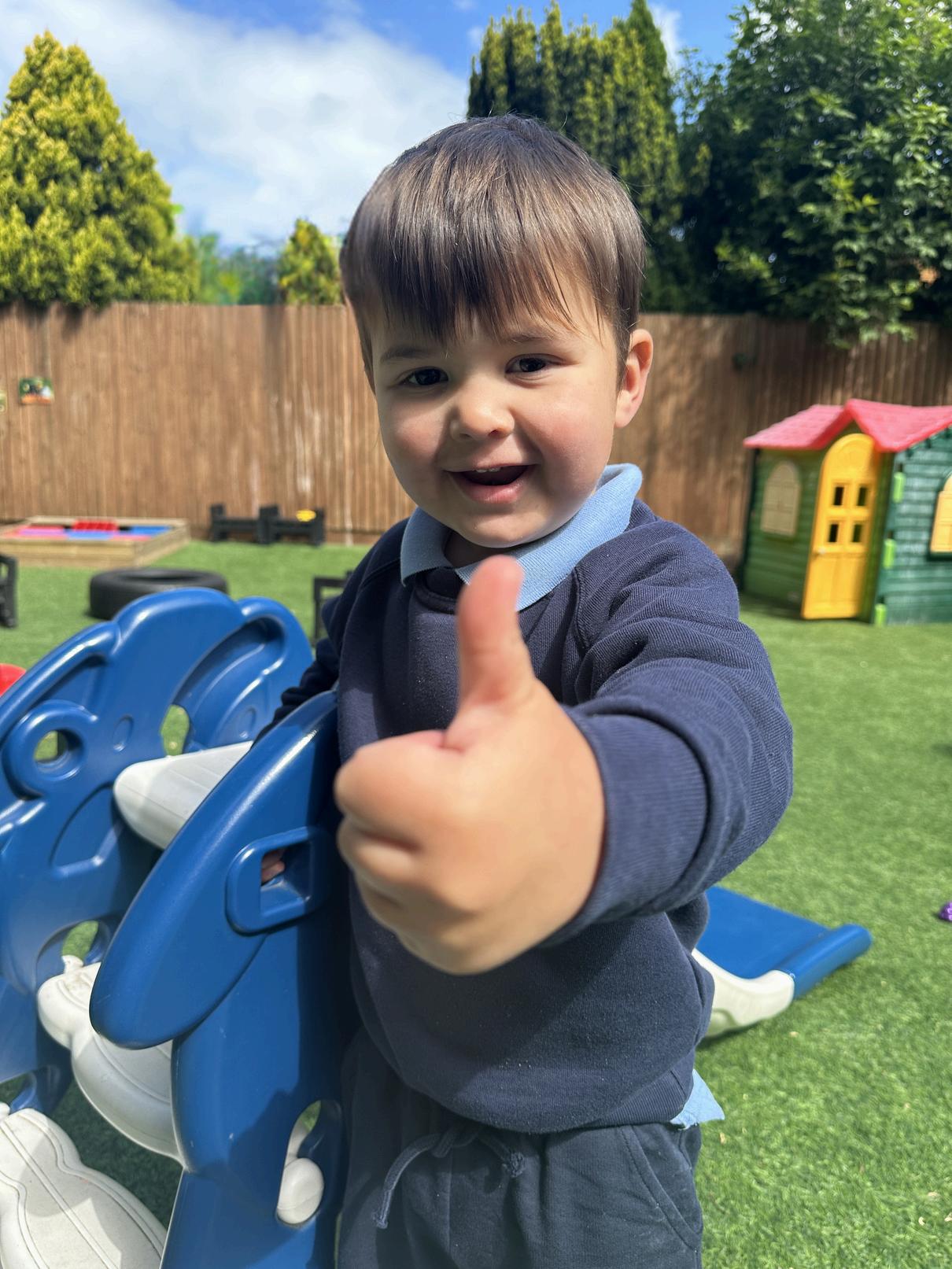

Nursery to Pre-School

Establishing a Good Sleep Routine Encouraging Independence Skills

Starting Pre-school is an exciting milestone for your child. To help support this process, we have compiled a list of key skills that you can foster at home to support your child's successful transition from Nursery to Pre-school
Fostering Communication Skills



Supporting Emotional Regulation
A well-rested child is more likely to be engaged and attentive in the classroom.
An average bedtime for a 3-year-old is between 6:30pm and 7:30pm.
At this age your child will start to drop their daytime nap so expect their bedtime to shift slightly earlier. They need at least 11 hours sleep each night.
Consistency is key: Aim for consistent bedtimes and wake-up times to help regulate your child's internal clock.
Start a "winding down" bedtime routine around 30 minutes before bedtime. This includes no blue light such as tablets and phone screens.
Create a calming environment: Darken the room, reduce noise, and ensure a comfortable temperature to promote quality sleep.
Limit screen time before bed: Blue light from screens can interfere with sleep. Opt for relaxing activities like reading or storytelling instead.

As your child enters Pre-school, they will be expected to manage some tasks on their own.
Self care:
Support your child to communicate their needs in some way, such as using gesture to show they need the toilet if they don’t have the language to.
To use the toilet independently or be toilet training, including pulling down own clothing.
Support your child to practise taking off their own shoes and socks, building up to the rest of their clothes. Support your child to recognise their own shoes and belongings.
Teach your child to cover their mouth when sneezing, and dispose of used tissues appropriately.
Emphasize the importance of washing and drying their hands before eating and after using the toilet.
Independence skills:
Teach your child to put on their own coat. We use the flip over method to put on our coats. To hold a small knife and fork in each hand when eating and eat meals with minimal assistance. To drink from an open cup.
Encourage your child to attempt tasks before seeking help. Praise their efforts and offer guidance if needed.




